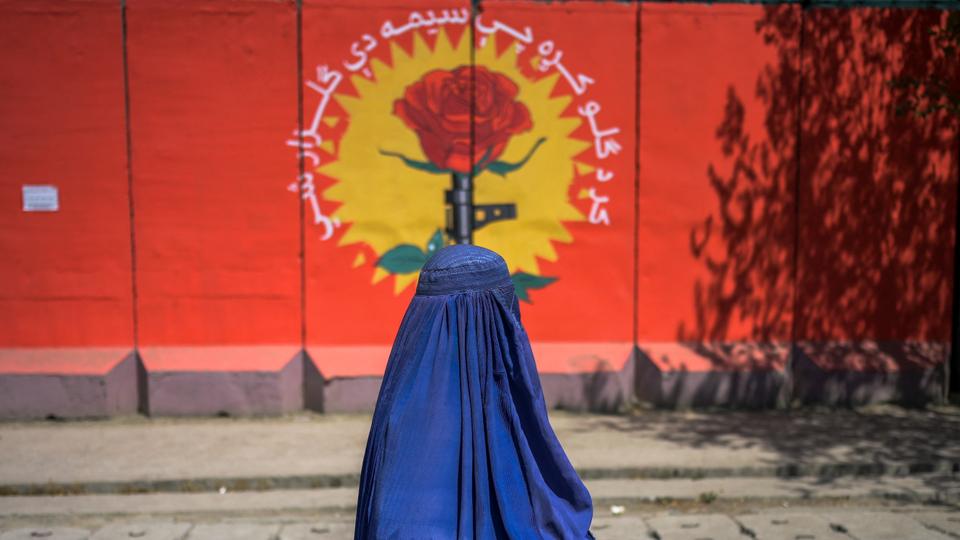Female employees in the Kabul city government have been told to stay home, with work only allowed for those who cannot be replaced by men, the interim mayor of Afghanistan’s capital said, detailing the latest restrictions on women by the new Taliban rulers.
The decision to prevent most female city workers from returning to their jobs is another sign that the Taliban, who overran Kabul last month, are enforcing their harsh interpretation of Islamic law despite initial promises by some that they would be tolerant and inclusive.
In their previous rule in the 1990s, the Taliban had barred girls and women from schools, jobs and public life.
Interim Kabul Mayor Hamdullah Namony gave his first news conference Sunday since being appointed by the Taliban.
He said that before the Taliban takeover last month, just under one-third of close to 3,000 city employees were women, and that they had worked in all departments.
Namony said the female employees have been ordered to stay home, pending a further decision.
He said exceptions were made for women who could not be replaced by men, including some in the design and engineering departments and the attendants of public toilets for women. Namony did not say how many female employees were forced to stay home.
“There are some areas that men can’t do it, we have to ask our female staff to fulfill their duties, there is no alternative for it,” he said.
READ MORE: Can the Taliban ‘really’ give the Afghan woman her Islamic rights?
Lack of uniform policy
Across Afghanistan, women in many areas have been told to stay home from jobs, both in the public and private sectors. However, the Taliban have not yet announced a uniform policy.
Namony also said the new government has begun removing security barriers in Kabul, a city that has endured frequent bombing and shooting attacks over the years. Such barriers — erected near ministries, embassies and private homes of politicians and warlords — had been commonplace in Kabul for years.
The mayor said private citizens would be charged for the work of taking down the barriers. While he said most barriers had been removed, reporters touring the city noted that barriers outside most government installations and embassies had been left in place.


Comment here